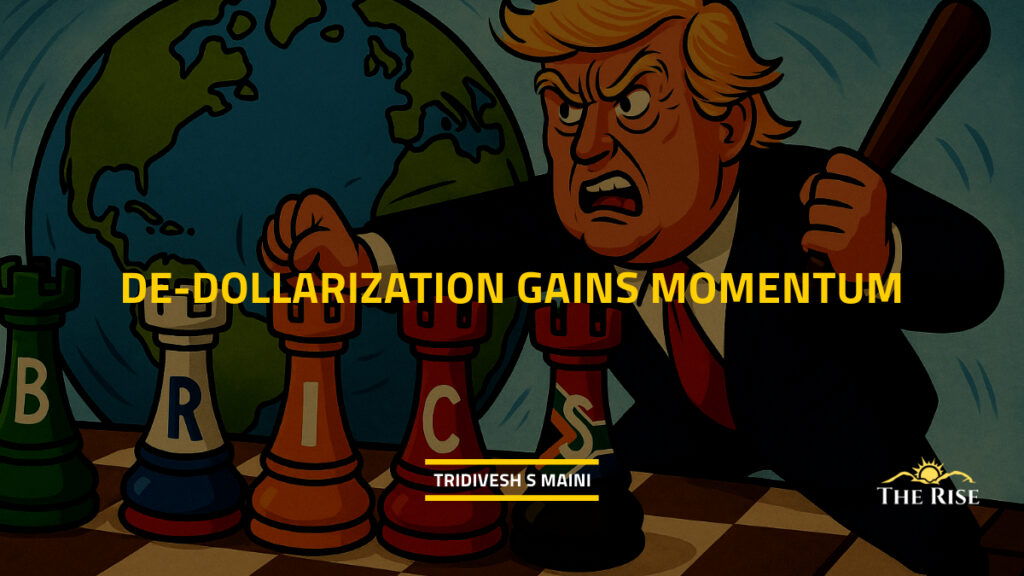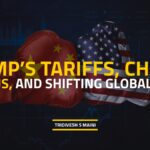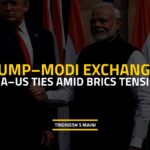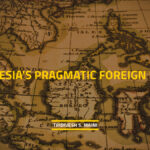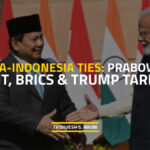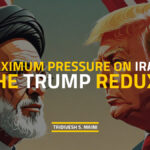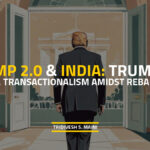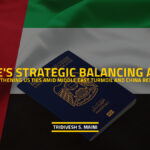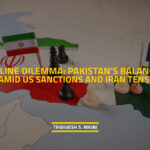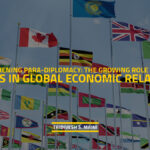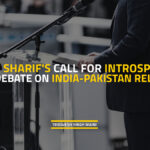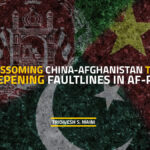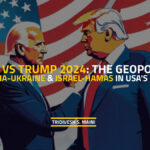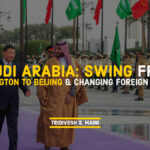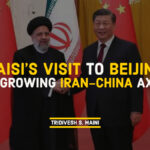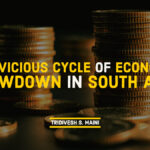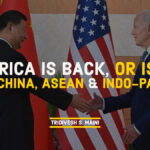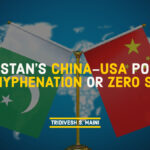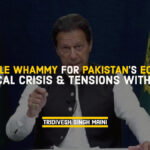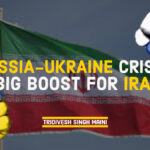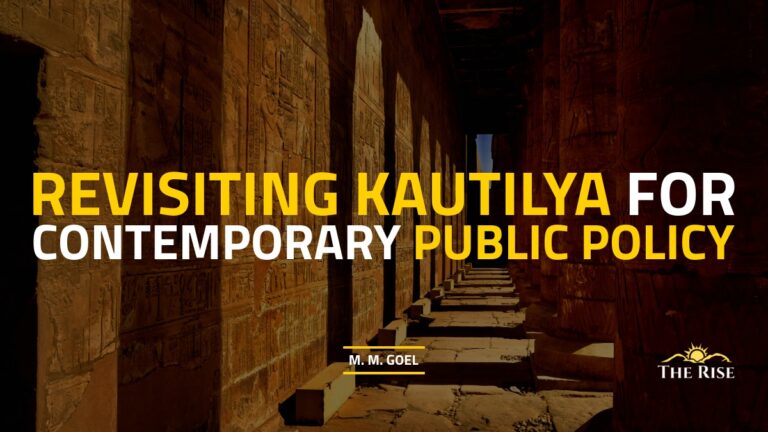While several countries would not want to support the idea of a BRICS+ common currency, realising its limitations, they would not be averse to reducing their dependence upon the US dollar.
BRICS+ is setting up an alternative payment system whereby countries that are not part of the BRICS+ grouping can trade with each other in their local currencies. The BRICS Pay aims to provide seamless, fast, secure, and affordable payment solutions worldwide.
“There are several initiatives currently being considered within the BRICS format. One of them is Brazil’s proposal to create an alternative payment platform, which is already under development. I am convinced that even countries outside BRICS will have access to these mechanisms once they are implemented,” said Lavrov, Russian foreign minister. This payment system will not depend on the SWIFT network, dominated by the West, he further stated.
At the BRICS Summit in 2024, Russian President Vladimir Putin had said that the US Dollar “is being used as a weapon” and that an alternative payment system needed to be created.
Both China and Russia have often accused the US of “weaponising” the dollar and the need for an alternative global economic architecture not dominated by the West.
Timing of Lavrov’s statement
Lavrov’s announcement comes at a time when US President Donald Trump’s announcements of tariffs have created serious global disruptions.
The US Dollar also hits its lowest ever since 2022 on Monday, April 21, 2025. The ICE U.S. Dollar Index, which measures the US dollar against multiple other foreign currencies, fell to 97.92 by market close on April 21, according to FactSet.
This dip has been attributed to Trump’s criticism of Federal Reserve Chairman Jerome Powell. Trump had dubbed Powell a “loser” after he refused to listen to Trump’s call for reducing interest rates.
Significantly, 53.5 per cent of Russia’s imports in February 2025 were in rubles.
Trump’s repeated warnings and reactions of BRICS members
Trump has repeatedly warned of sanctions against countries going in for de-dollarization. After taking over as President, Donald Trump said that 150% tariffs would be imposed against countries trying to weaken the US Dollar. In February 2025, he claimed that his threats had worked against BRICS countries and that BRICS “is dead”.
Brazil holds the Presidency of BRICS+ for 2025. Brazilian President Lula De Silva has made it clear that BRICS will seek alternative payment methods. “Donald Trump’s tariff threats will never stop BRICS’ determination to seek alternative platforms for payments between member countries,” said the Brazilian President.
Here, it would be pertinent to point out that a common BRICS currency is unlikely in the immediate future, given the differences within BRICS+ on the issue. India, for instance, has repeatedly distanced itself from the idea of a common currency for BRICS. Given India’s robust ties with the US and its strained ties with China in recent years (though there has been some improvement in recent months), it is unlikely to support the idea. Like India, several other countries would not want to view de-dollarisation or BRICS from a zero-sum perspective.
Even before Trump’s announcements regarding tariffs, several countries wanting to reorient their foreign policy and diversify their economic relations had entered BRICS+. In 2024, five countries – Egypt, Ethiopia, Iran, and the United Arab Emirates– entered the BRICS+ as members. While Indonesia joined BRICS in January 2025, other ASEAN nations – Malaysia, Thailand, and Vietnam – joined as observers. It would be pertinent to point out that as of January 2025, BRICS accounts for over half (54.6%) of the world’s population and over 40 % (44.2%) of global GDP; the combined GDP of BRICS has surpassed G7 in 2025.
After the uncertainty arising due to Trump’s unpredictable policies, more countries are likely to show interest in the BRICS+ grouping and would want to join as members or observers. Brazil has also invited non-members – Uruguay, Paraguay, and Mexico for the next BRICS summit in Rio De Janeiro in July 2025. Lula emphasized the need for greater cooperation within South American countries.
In conclusion, it is true that in the current geopolitical and economic situation, while several countries would not want to support the idea of a BRICS+ common currency, realising its limitations, they would also not be averse to reducing their dependence upon the US dollar. The BRICS+ grouping itself needs to think of deepening cooperation and should not get embroiled in geopolitical rivalries.
Disclaimer: The views expressed in this article are of the author solely. TheRise.co.in neither endorses nor is responsible for them. Reproducing this content without permission is prohibited.
About the author
Tridivesh Singh Maini is a New Delhi-based Policy Analyst. He is faculty member of OP Jindal Global University, Sonepat, Haryana.

